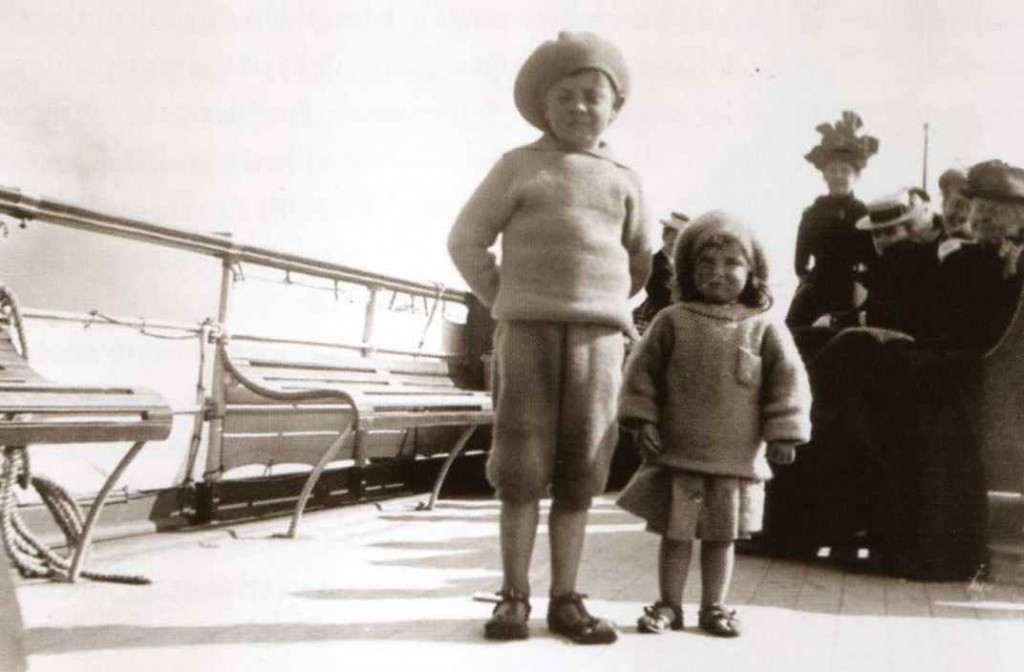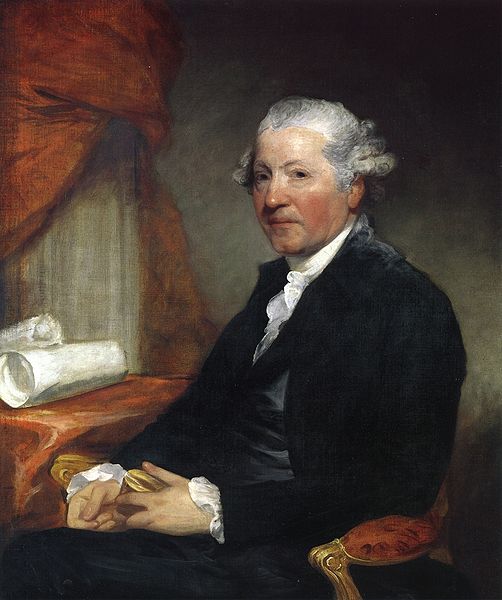The Looming Crisis of Feminized Medical Care
FORTY-EIGHT percent of the medical degrees awarded in 2010 went to women. Having been encouraged to believe they can – and should – do everything, many of these women hope to work part-time or flexible hours and have families. This unprecedented number of women doctors portends serious declines in patient care. Writing in The New York Times this weekend, a female doctor has the courage to state the obvious: Women should not become doctors unless they are willing to make the same sacrifices as men. Karen. S. Sibert, an anesthesiologist, writes:
I have great respect for stay-at-home parents, and I think it’s fine if journalists or chefs or lawyers choose to work part time or quit their jobs altogether. But it’s different for doctors. Someone needs to take care of the patients.
The Association of American Medical Colleges estimates that, 15 years from now, with the ranks of insured patients expanding, we will face a shortage of up to 150,000 doctors. As many doctors near retirement and aging baby boomers need more and more medical care, the shortage gets worse each year. (more…)





